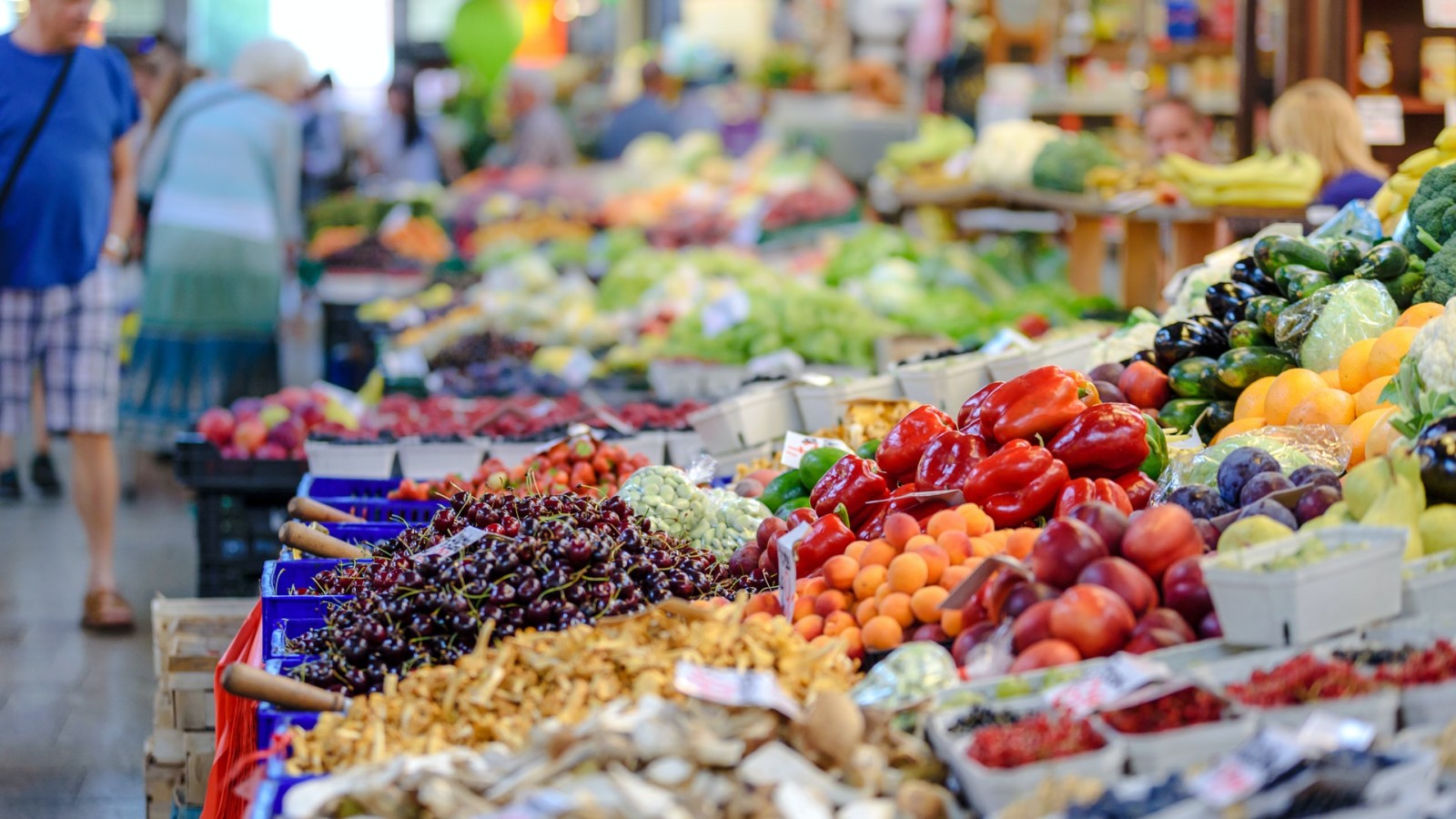If the words “vegan” or “plant-based” have you thinking your food budget is about to explode, then you’ll want to keep reading.
There’s no doubt that eating more fruits, vegetables, legumes, and whole grains is great for your overall health and the planet. But you might be wondering how you can do that without breaking the bank.
Read on for 3 tips on how to eat plant-based without breaking the budget.
Skip the Meat Substitutes
It’s so tempting to just replace meat with their vegan or plant-based counterparts. In fact, the meat substitute business seems to be booming with plant-based options popping up all over the place, including fast-food restaurants (think Burger King’s Impossible Burger).
However, if you go in the store and actually price these options, you’ll quickly see that it’s a lot more expensive to go the meat substitute route than to just buy actual whole foods. And that’s another point to consider. Although some of these meat substitutes are very tasty, they are still highly processed and may still not be the healthiest option for you and your family.
Buy in season
Produce is cheapest when it’s in season. The further the market has to get your food, the more expensive it becomes. The next time you go to the grocery store and you want asparagus in October and it costs more, don’t be surprised. It’s out of season. Use sites like Seasonal Food Guide to help you make your list based on what’s in season.
Batch cook
We are all so busy these days that it’s almost a daily necessity to have food and meals that are quick, easy to make, and delicious. We just don’t have the time to spend 2 hours in the kitchen every night.
But what if you spent that time meal planning, batch cooking, prepping for the week? Not only do you save time, but you also save money. Take 30 minutes to plan the meals for the week and make your shopping list based on that. Then, take 90 minutes to batch cook your ingredients for the week. This could include whole grains, raw and cooked vegetables, and putting items in place for you to be able to grab and go in the morning.
By planning in advance, you will help ensure you are able to make healthy choices in a pinch (like when you’re starving) and save money by not having to eat out or order take out at the last minute because you don’t have anything prepared and don’t have time to prepare something from scratch.
Bonus tip: You don’t have to buy everything organic
While there is some produce that could benefit from being bought in its organic state, that doesn’t apply equally across the board. My favorite resource for knowing what to buy organic and what is safe to buy conventionally is from the Environmental Working Group. They publish a list of the Dirty Dozen and the Clean Fifteen to help you when you’re shopping for produce. Check out the site and make your choices accordingly.
In the end, plant-based eating or simply including more wholesome foods in your diet doesn’t have to be difficult or expensive. With the tips above, you should be on your way to saving time and money.


